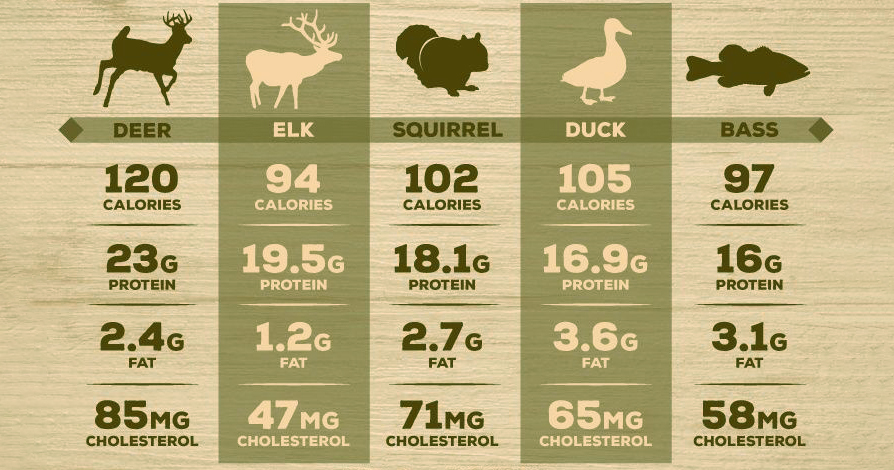A community garden refers to a plot of land shared by many people. It is a collection of plots that are shared on private or public property. It produces herbs, fruits, and vegetables or flowers to enhance its aesthetic appearance.
The plots are placed in designated areas within or around the community to ensure that each plot is an individual garden, self-sustaining, has limited access to other gardeners, and has easy access to public utilities such as water.
It could be part of a small school or neighborhood pool. It could be used as a recreation yard or expanded landscape garden. Community gardens provide a place to bring together like-minded people who share a common interest in growing healthy food.
Learning and sharing information
Community gardens have many benefits, not only for those living near the garden but also for the entire community. The location around the community of gardeners becomes a place of activity. Some of the activities take place include learning about new plants and sharing information. Gardening can be a great exercise in communal harmony and good health. Neighborhoods gather to garden together for food, conversation, or simply to relax. The community garden sells fresh, locally grown food. All of these factors contribute to increased community goodwill and beautiful gardens and yards that are more attractive.
Many benefits can be derived from community gardens in the area of health, well-being, and environmental responsibility. Many times, community gardeners will plant organic matter that is used to curb air pollution. Healthy organic matter is easy to maintain, and it is less likely that it will harm wildlife and other vegetation or pose a danger to the safety of the neighborhood.
Food security
A community garden can be a good source of food security for the residents. It ensures that people have access to fresh, quality fruits and vegetables. Improved nutrition among residents leads to healthier lifestyles.
Additionally, healthy plants can contribute to the overall health and well-being of the community. Studies show that being close to a garden can reduce the risk of getting sick from respiratory problems. Community gardeners are more active and healthier due to the activities involved in gardening. It is possible that gardening reduces stress and anxiety in suburban residents. Urban dwellers have less time, and research shows that those who exercise regularly live longer and live healthier.
Beautify the neighborhood
Another benefit of landscaping the community garden is that it creates open spaces and walkways around the property that can also be used for recreation. It makes the property appear more desirable to buyers. It also allows the community to invite entertainers such as visiting bands or other entertainment acts for events like birthday parties and barbecues.
Practical life skills
These community gardens also offer an educational purpose. Many community gardeners become involved in community gardens to learn valuable lessons about plant cultivation, conservation, and basic botany.
Learning practical life skills in community gardening classes is a great way to apply them in other areas of your life, such as…



